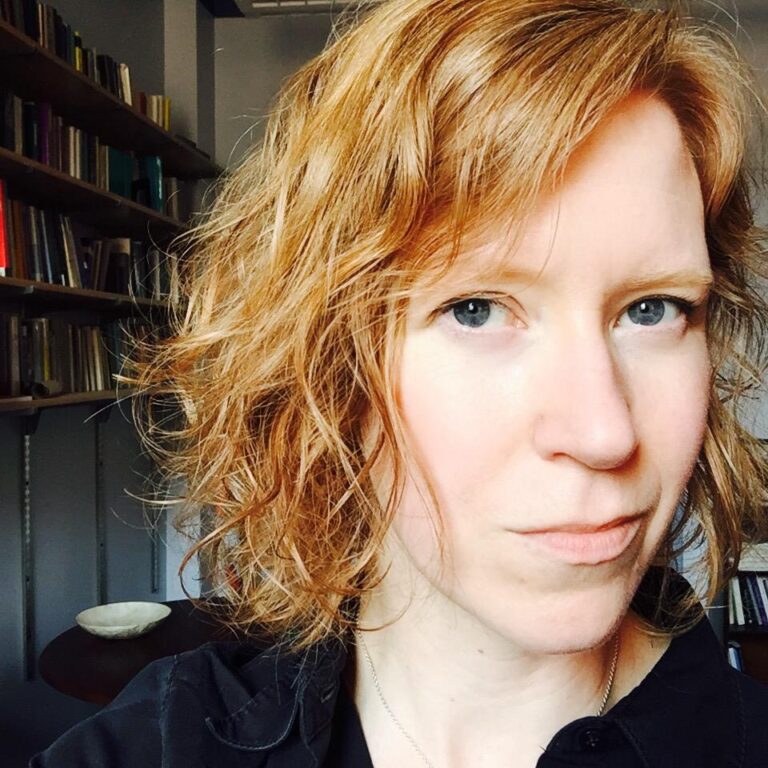
Faculty Spring 2023: Sarah Clark Miller
Associate Professor of Philosophy, Bioethics, and Women’s, Gender, and Sexuality Studies
While other scholars have commented on the importance of specific relationships for our shared moral lives, few have sought to understand the fundamental significance of human relationality for moral normativity. This task comprises the core of my project. Relationality refers to the condition of connection in which all human beings stand with some other human beings. We are formed and sustained in and through human connection and care. Through relationality and human relatedness, we, in turn, shape and sustain others. In these ways, our very selves can be understood to develop relationally.
A primary aim of my project is, therefore, to articulate the overarching meaning of relationality for the foundational elements of moral theory, including moral perception, agency, judgment, and character. In so doing, I develop relational ethics as a distinctive moral theory, one characterized by the attribution of moral value not to individuals or collectives but instead in light of interactive, interdependent properties held between persons.
I establish relational ethics through several lines of thought. I offer a relational refashioning of multiple major ethical concepts such as well-being, dignity, interest, and harm, tracking the relevance of vulnerability and interdependence throughout. I provide in-depth analysis of the vulnerability of relationships themselves by analyzing ethical responsibility during relational transition, such as when relationships weaken or dissolve, and pay special attention to how relations forged in the crucible of trauma complicate standard moral obligations between humans. I also reach beyond the confines of philosophy to offer an interdisciplinary, relational ethical analysis of several relationships of crucial importance for this historical moment: relationships with artificial intelligence, digitally mediated relationships, biomedical relationships between patient and practitioner, and relationships with the non-human, ‘natural’ world.